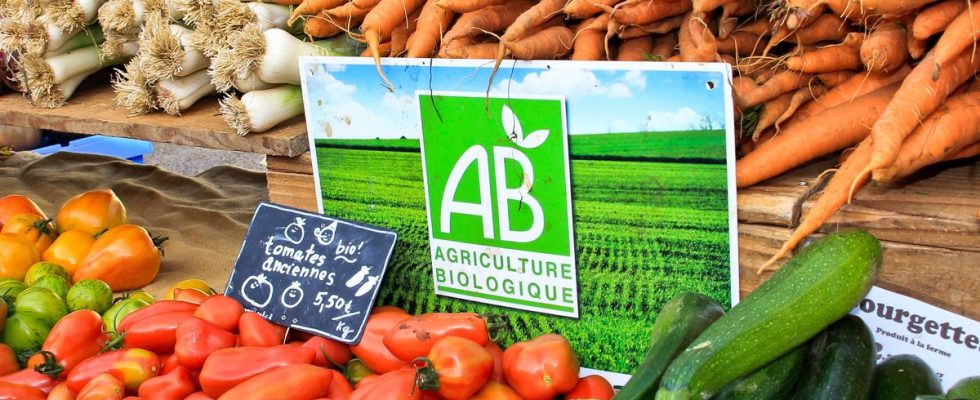They demonstrated but not against the pension reform project. About 200 people, farmers, members of associations or trade unionists, gathered Thursday in front of the prefecture of Saint-Brieuc (Côtes-d’Armor) to “save” organic farming and demand state support to overcome the current crisis. “Supporting organic is in the general interest. It’s preserving people’s health, it’s protecting water, it’s protecting biodiversity, ”said René Louail, former farmer and spokesperson for the support group for pesticide victims.
For Dominique Le Goux, Health and Pesticides Project Manager at Eau et Rivières de Bretagne, organic farming “allows us to protect our water resources. “It’s a very clear added value” for the community, if only by reducing the cost of the treatments necessary to make the water drinkable, she summarizes. At a time when water is becoming scarce, “dozens of catchments are closed in Brittany due to pollution”, mainly pesticides and “we can’t do without it”, she said.
Aid “not up to the needs”
A delegation was received by the prefect to whom it reminded of the “urgency” of the situation, in particular for organic pork producers who are the most affected. State aid, announced recently, of 10 million euros for organic producers, is considered by the sector as “not up to the needs”, recalled the delegation. The Brittany region for its part announced last week aid of 5.5 million euros in 2024. “It is now that there is urgency because part of the organic will not pass the summer”, judged Rene Louail. The participants also demanded the application of the Egalim law which provided for 20% of organic in public collective catering, such as school canteens or hospitals, from 2022. “If the law were respected, there would be no organic farmers with these difficulties,” said Thierry Thomas, from the Confédération Paysanne.
According to the latest figures from the regional chamber of agriculture, farmers’ installations are now 40% organic in Brittany. The milestone of 4,000 organic farms was reached in 2022, i.e. 15.4% of the total, compared to 12.4% in 2019. The two major organic production sectors are cattle/milk and vegetable production.

